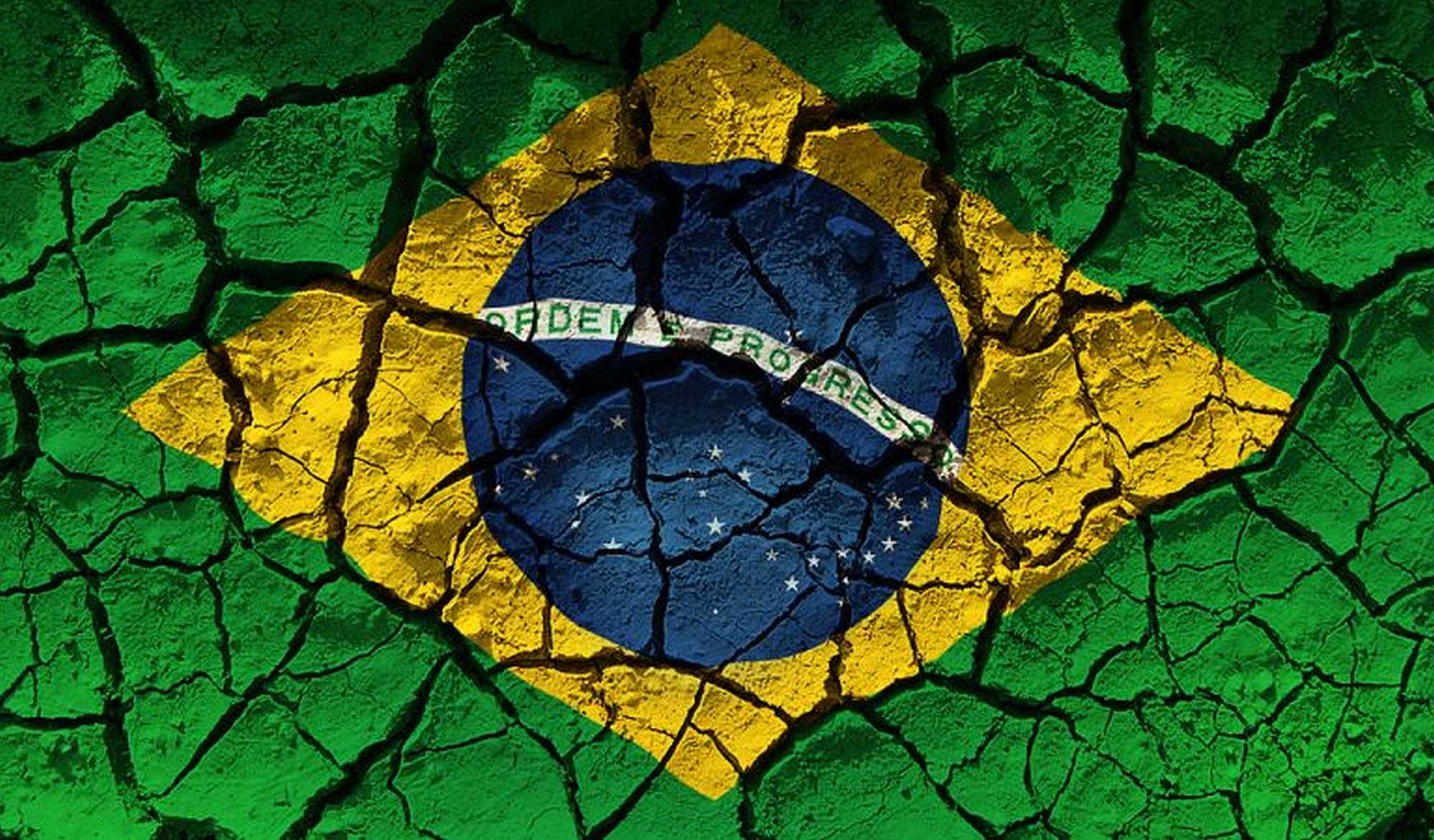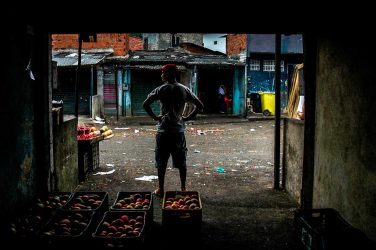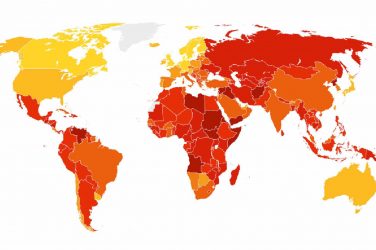Maintaining power since January of 2019, the Bolsonaro administration has designed foreign policy objectives which reveal an ongoing posture of both engagement and retrenchment in the goal of fostering Brazil’s soft and hard power.
While characterized by a decided and necessary Brazil-centered approach, Bolsonaro has been seeking to promote his own personal populist agenda, and at the same time demonstrating a tendency to align and realign on the international stage as he sees fit.
Ultimately, this unpredictability encapsulates the fundamental ambivalence of Brazil’s position in the international diplomatic arena, the legacy not only of Bolsonaro himself, but of previous administrations of Lula, Rousseff, and Temer before him.
Historically, Brazil maintains a soft power status based on non-intervention, regional cooperation, international coordination, and multilateralism. While past presidents Lula, Rousseff, and Temer defined policies aimed at fostering Brazil’s international preeminence, Bolsonaro’s shift to a “Brazil first” posture following an ethos of right wing alignment with Trump and the United States, revealing the dynamic of unpredictability in ingoing and outgoing administrations at Itamaraty, the Brazilian Ministry of Foreign Affairs. Traditionally, Brazilian foreign policy has sought to straddle both international and domestic commercial interests, recently highlighted by BRICS, Mercosur and UN policy.
Under Bolsonaro, from the start of his tenure until the present, there has been perhaps no greater concern than the issue of climate change. With a decided neglect and even violation of norms that have sought to protect the environment, mining, deforestation, and land grabbing, Bolsonaro has ostracized the international community, particularly the European Union and the United States since taking office in 2019. His Amazon policy reflects an intransigence and basic disregard for an issue fundamentally linked to human rights.
China presents another challenge. While the Brazilian agricultural sector is generally supportive of China as a commodity market, both Brazilian manufacturing and the Bolsonaro-supported populace are strongly anti-China.
Though Brazil and China are inextricably linked by mutual economic dependency, particularly through the BRICS, the shift towards alignment with the United States under Trump, coupled with the recent rhetoric of xenophobia as a result of the pandemic, reveal the essential ambivalence of a political and economic relationship that has not always stood the test of time. Fundamentally, economic relations between Brazil and China hinge on the interests of Brazil’s industrial and political complexes.
And then there is the United States. Although almost comically aligned to Trump for several years, Bolsonaro has recently pursued a policy of rapprochement under Biden that seeks to preserve a longstanding regard for environmental, climate change, health, and human rights.
While relations remain fundamentally strong as demonstrated by the recent US-Brazil military partnership in the Venezuelan crisis, many US politicians and NGOs fear that the Brazilian leader could contrive policy based on his own personal preference, at the expense of the crucial climate change agenda. However, Bolsonaro will likely not seek to jeopardize what has been a cordial, if sometimes distant relationship between the two nations.
Respectively, UN, EU and Mercosur policy highlight Bolsonaro’s somewhat tepid and limited engagement in foreign policy goals. Although he has made frequent overtures, his posture has been defined largely by ambivalence, and his recent address at the UN in September of this year is a case in point.
Addressing the General Assembly, the Brazilian leader sidestepped the issue of global warming, in an attempt to avoid accountability for his administration’s disregard for environmental concerns. However, he did outline plans for climate change, illegal deforestation, and the Forest Code, while broaching issues such as the crises in Venezuela and Afghanistan.
Brazil’s participation as a non-permanent member on the UN Security Council in 2022 reflect the country’s need for international recognition and participation, which can only come if Bolsonaro tempers his inflammatory rhetoric in the interest of his country’s classic soft-power posture.
So too, Mercosur policy remains uncertain. With the 2021 update of the CET (Common External Tariff) on the import of goods and services which stimulate competitiveness to benefit Mercosur, Brazil’s limited economic growth has stifled attempts to invigorate the South American trading bloc.
Fundamentally, Bolsonaro should seek to improve the lives of ordinary Brazilian citizens by addressing housing, labor and education policy. For better or worse, Brazil’s participation in Mercosur will be highly dependent on the 2022 elections and the possibility of new leadership under Lula, particularly if Bolsonaro’s popularity continues to wane.
With a long running policy of multilateralism, Brazil’s EU policy must consider the need to engage international law and human rights. Brazil under Bolsonaro must crucially address the environment, as was promulgated at the 2015 Paris climate agreement, and at the WTO farmers discussions in 2017.
In 2019, Norway and Germany were adamant in criticizing Bolsonaro’s Amazon policy, as the European nations sought to coordinate the Amazon Fund which pays for forest protection.
Brazilian foreign policy under Bolsonaro will continue to evolve. As detailed comprehensively, climate change is perhaps the overarching international concern. If Brazil is to participate on the world stage, Bolsonaro must pursue a posture of benign diplomacy in his nation’s best interest.
As he tries to fashion a foreign policy during which may be his last year in office, Bolsonaro needs to put away his rhetoric, and peacefully engage the international community. Only then can he salvage his reputation as a leader, bent on promoting the interests of security and prosperity of the Brazilian government and populace, both of whose survival is fundamentally at stake.












